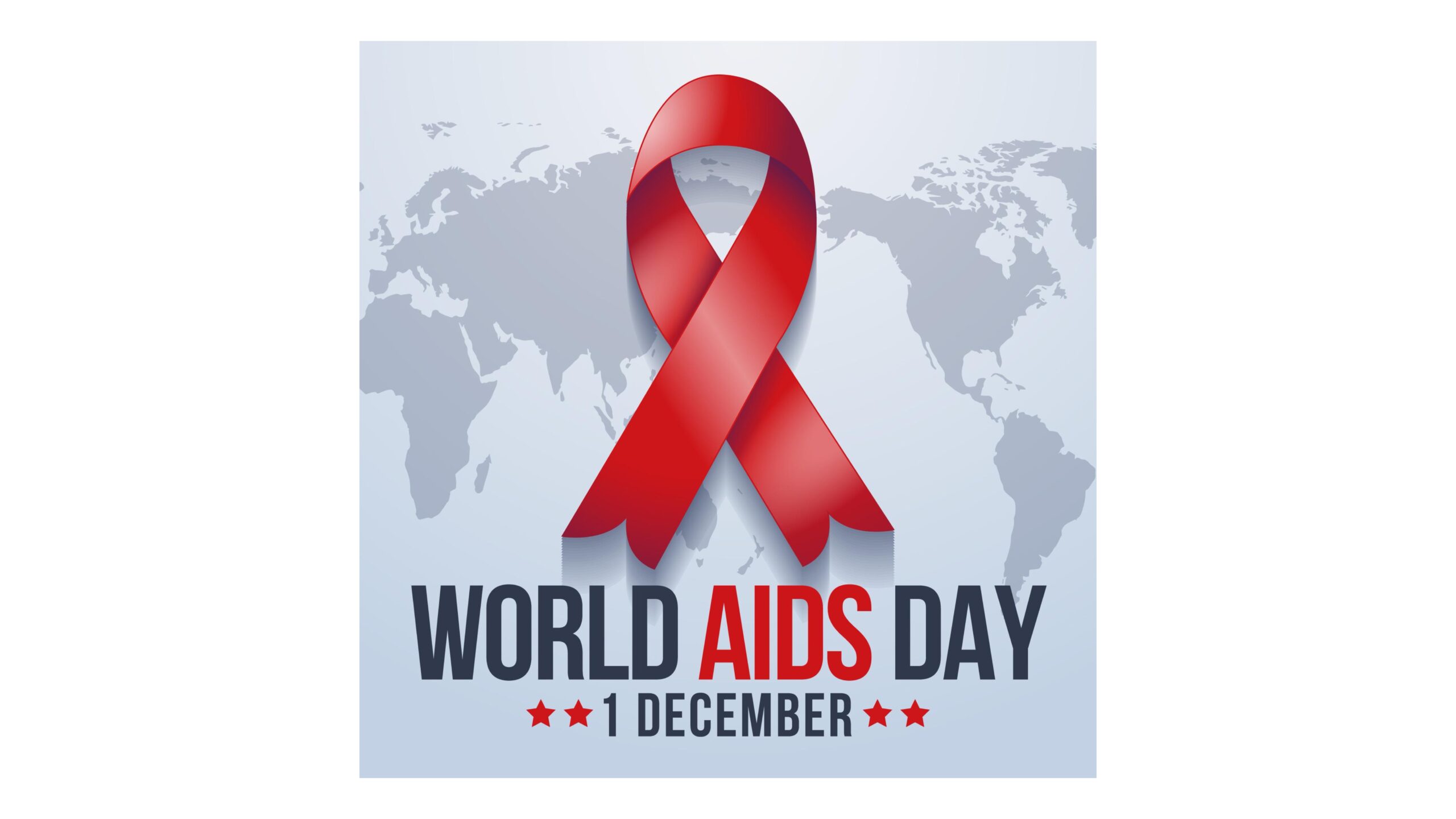Can you imagine the consequences of denying scientific facts? More than a third of million people in South Africa lost their lives to AIDS as a result of poor political policies that were designed based upon non-scientific standpoints. In the late 1990s, Thabo Mbeki, the then President of South Africa, under the influence of Peter Duesberg and other scientists who were actually AIDS denialists, disagreed to accept the real scientific cause of AIDS. He rather believed that AIDS is caused by the collapse of an individual’s own immune system without any association of viral infection. Acting as a significant impediment to the supply of medicines to the patients, the government kept focusing only on relieving poverty and improving lifestyles of the public which ultimately led to the death of a large portion of the AIDS suffering population in South Africa.
AIDS (Acquired immunodeficiency syndrome) is a HIV caused chronic infection which interferes with the host’s immune system and hampers the body’s ability to fight against illness and infection. It can be transmitted via sexual intercourse, infected needles, during birth and breastfeeding etc. A number of medicines that help control the infection and prevent the disease progression are now available in the market. However, HIV is not the only cause of people dying of AIDS. A number of factors add on to worsen the mental and health conditions of the patients. Refusing casual contact with AIDS patients by family and friends, refusal of proper care and services by health professionals, social isolation and lack of communication adds onto feelings of despair and fear of expression and disclosure.
Sadly, all of this is not just a matter of the past. Even today, despite efforts by governments and organizations worldwide, many people stay unaware of AIDS and its possible treatments. In 1988, 1st December was designated as “World AIDS Day” to spread awareness and protect the affected from ailment, stigma and discrimination. Thanks to scientific research and awareness initiatives, the standard of HIV care, prevention, and treatment has significantly improved.
Every year, World AIDS Day is celebrated with a different theme, each one focusing on uniting the public to support the lives of HIV affected individuals and to prevent new cases of HIV infection. The theme for this year is “Putting Ourselves to the Test: Achieving Equity to End HIV.” When panic takes hold of us, we stop thinking rationally and begin responding instinctively, which is when most of us start seeking for someone to blame for what’s happening. Therefore, two fronts must be kept in mind to fight against AIDS, medication and support from society. Scientists and doctors all over the world are already working hard to find a robust treatment for the disease. However, the second front is the responsibility of each and every individual. On our end, let us all join hands and do our best to support the lives of people living with AIDS and those at risk of infection. Let us all get ourselves HIV tested with a very indifferent approach. Let us all raise awareness against the disparities, disregard and discrimination faced by AIDS positive population. Let us all spread the word and help the society.
To slow down the transmission speed, HIV test is the need!


Prabhleen Kaur
Prabhleen Kaur is a biology enthusiast currently pursuing her PhD in Dr. Sauvik Maiti's lab. Her focus largely entails the fields of CRISPR and RNA biology. She houses a compulsive need to multi- task and learn something new every possible way.

